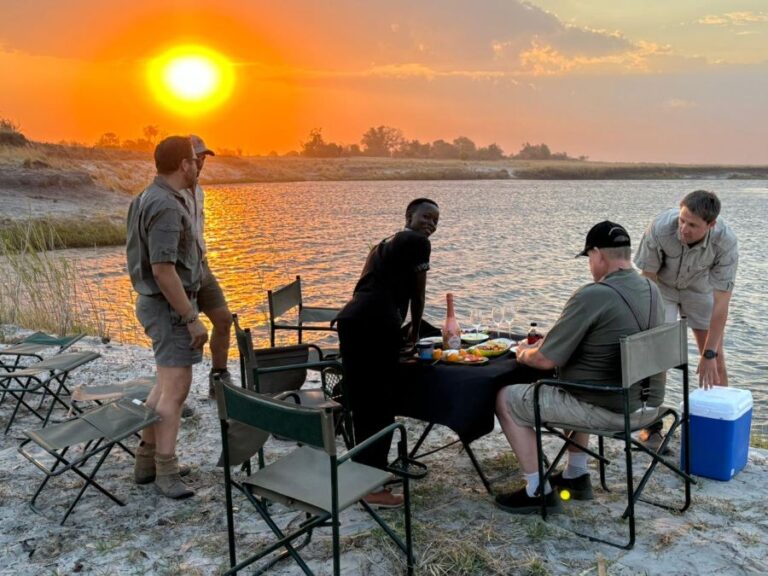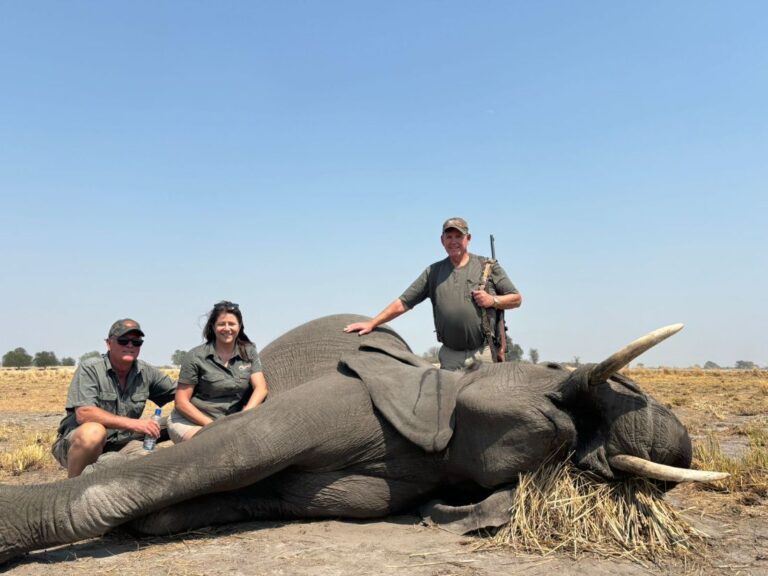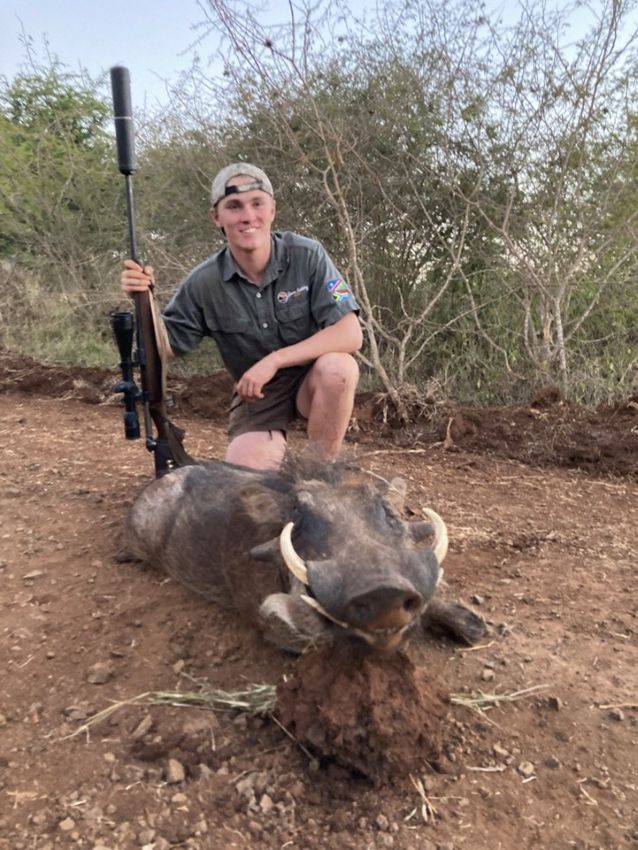Safari hunting has a rich history, filled with remarkable figures whose adventures shaped the practice as we know it today. These legendary safari hunters not only left behind incredible tales but also contributed to wildlife conservation and the art of hunting itself. Here, we profile some of the most iconic names, their stories, and their enduring legacies.
[DYNAMIC-BLOGTABLEOFCONTENT]
The Golden Era of Safari Hunting
The late 19th and early 20th centuries marked the golden era of safari hunting. During this time, explorers and hunters ventured into Africa to document its wildlife, test their skills, and collect specimens. While modern perspectives often view these hunts differently, many of these individuals played critical roles in understanding and preserving Africa’s ecosystems.
Why Safari Hunting Matters in History
- Wildlife Documentation: Early hunters recorded observations about animal behaviour and ecosystems.
- Conservation Efforts: Some transitioned to advocating for wildlife preservation.
- Adventure and Skill: These hunters embodied the spirit of exploration and challenge.

Iconic Safari Hunters and Their Stories
1. Frederick Selous (1851–1917)
Frederick Selous was a British explorer, hunter, and naturalist who became synonymous with African safari hunting. He spent decades travelling across Southern Africa, hunting big game and studying its ecosystems.
- Contributions: Selous’ observations and collections formed the basis of numerous scientific studies.
- Legacy: The Selous Game Reserve in Tanzania, one of Africa’s largest protected areas, is named in his honour.
- End: Selous died in combat during World War I, fighting in East Africa.
2. Theodore Roosevelt (1858–1919)
The 26th President of the United States, Theodore Roosevelt, embarked on an African safari after his presidency. This expedition became one of the most documented hunting trips in history.
- Expedition Highlights: Roosevelt’s 1909-1910 safari collected over 11,000 specimens for the Smithsonian Institution.
- Conservation Role: Roosevelt’s writings promoted a balanced view of hunting and conservation.
- Legacy: His work inspired the creation of national parks and wildlife reserves worldwide.
3. Karen Blixen (1885–1962)
Karen Blixen, better known by her pen name, Isak Dinesen, was a Danish author and safari enthusiast. While she is most famous for her book Out of Africa, her experiences in Kenya involved hunting alongside legendary figures.
- Contributions: Blixen’s writings provide a unique perspective on early 20th-century African hunting expeditions.
- Influence: Her accounts offer cultural and historical insights into the safari lifestyle.
4. Harry Selby (1925–2018)
Harry Selby was a renowned professional hunter whose career spanned decades. Known for guiding high-profile clients, he helped popularise the safari industry as we know it today.
- Innovations: Selby introduced mobile tented safaris, offering clients comfort without sacrificing authenticity.
- Clients: He guided famous figures such as Ernest Hemingway and Robert Ruark.
- Legacy: Selby’s methods continue to influence modern safari operations.
5. Denys Finch Hatton (1887–1931)
Denys Finch Hatton, a British aristocrat, was one of Kenya’s most celebrated safari hunters. His passion for the African wilderness and charisma made him a larger-than-life figure.
- Approach: Finch Hatton was known for his respect for wildlife and ethical hunting practices.
- Legacy: He inspired many, including Karen Blixen, with whom he shared a deep connection.

Contributions to Conservation
Many legendary safari hunters transitioned from hunting to advocating for conservation. Their experiences highlighted the need to protect Africa’s unique ecosystems. Some of their contributions include:
- Establishing Reserves: Figures like Selous influenced the creation of protected areas.
- Documenting Wildlife: Their records helped future conservationists understand species and habitats.
- Raising Awareness: Hunters like Roosevelt used their platforms to promote sustainable practices.
The Ethical Evolution of Safari Hunting
While early safaris were often focused on trophies, the industry has evolved to emphasise ethics and sustainability. Modern safari hunting operates under strict regulations, ensuring:
- Quotas to protect wildlife populations
- Community involvement and economic benefits
- Contributions to anti-poaching efforts
Lessons from Legendary Hunters
These pioneers remind us of the importance of respecting wildlife and balancing human interests with conservation. Their legacies shape how we approach safari hunting today.
Tips for Aspiring Safari Hunters
If you’re inspired by the stories of legendary hunters, here are some practical tips:
- Research Outfitter Options: Choose licensed and ethical safari operators.
- Understand Local Laws: Familiarise yourself with the hunting regulations of your destination.
- Respect the Environment: Follow sustainable practices to minimise your impact.
- Document Your Experience: Consider keeping a journal or photo log to share your journey responsibly.
Conclusion
The stories of legendary safari hunters are more than tales of adventure; they are a testament to human curiosity, resilience, and our evolving relationship with nature. As we learn from their experiences, we can ensure that the spirit of safari hunting continues to align with conservation and ethical practices. Whether you’re an enthusiast or a participant, the legacy of these figures provides valuable lessons for preserving Africa’s wilderness for future generations.
